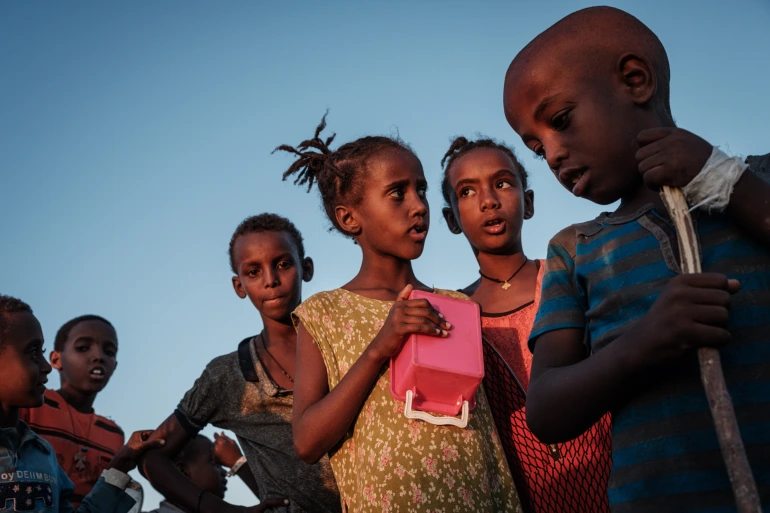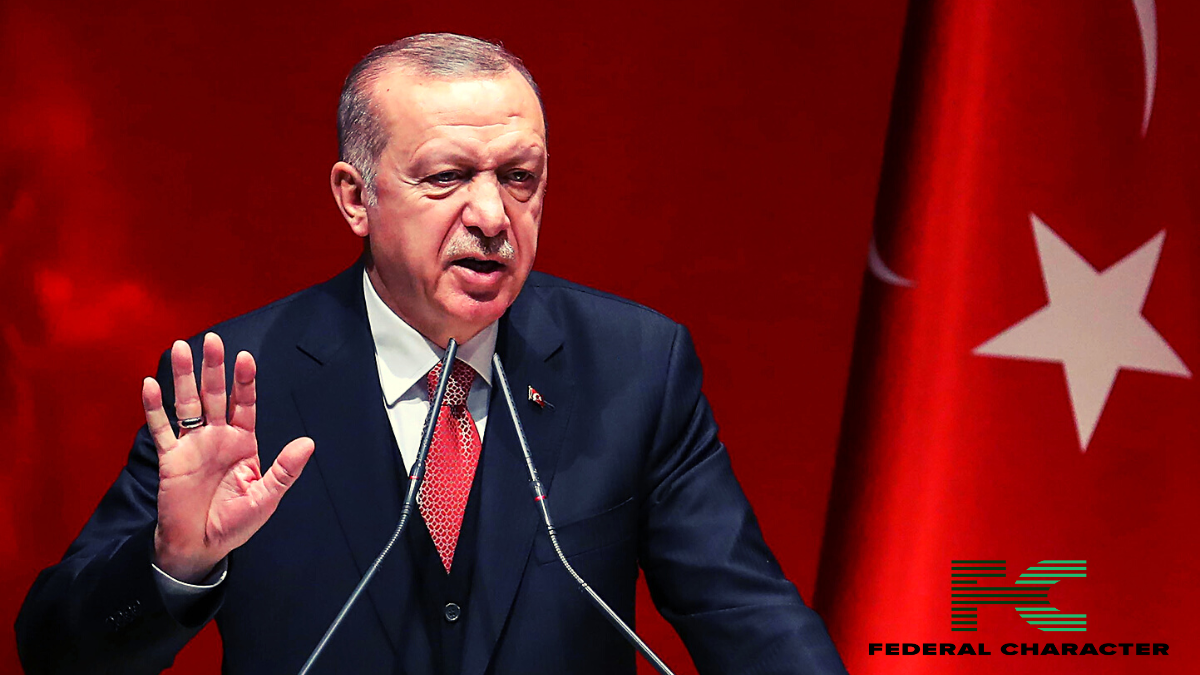Access to northern Ethiopia is urgently needed, according to representatives of the World Health Organization (WHO), to save the lives of millions of people who are suffering from a “perfect storm” of poverty.
In Amhara and Afar, where humanitarian organizations have restricted access, cholera and measles epidemics have been reported.
The WHO is unable to obtain a detailed picture of disease epidemics in Tigray since there has been no air or vehicle access there for eight weeks.
The administration claims that supplies of IV fluids, insulin, and antibiotics have run out as well as that kid vaccines have ceased. Less than ten percent of health centers are open for business.
With 29% of children suffering from malnutrition and an estimated 89% of the people in Tigray experiencing food insecurity, there are severe shortages of both food and fuel.
The UN estimates that 13 million people in Tigray, Amhara, and Afar require humanitarian aid.
The Tigrayan Dr. Tedros Adhanom Ghebreyesus, chief of the WHO, stated earlier this month that there was “a very narrow window to prevent genocide.”
On Friday, WHO representatives refused to be swayed by these remarks but reaffirmed the need of gaining access to Tigray.
This week, in South Africa, the Ethiopian government and Tigrayan delegates began peace talks, but so far there has been no improvement in access to humanitarian organizations.














